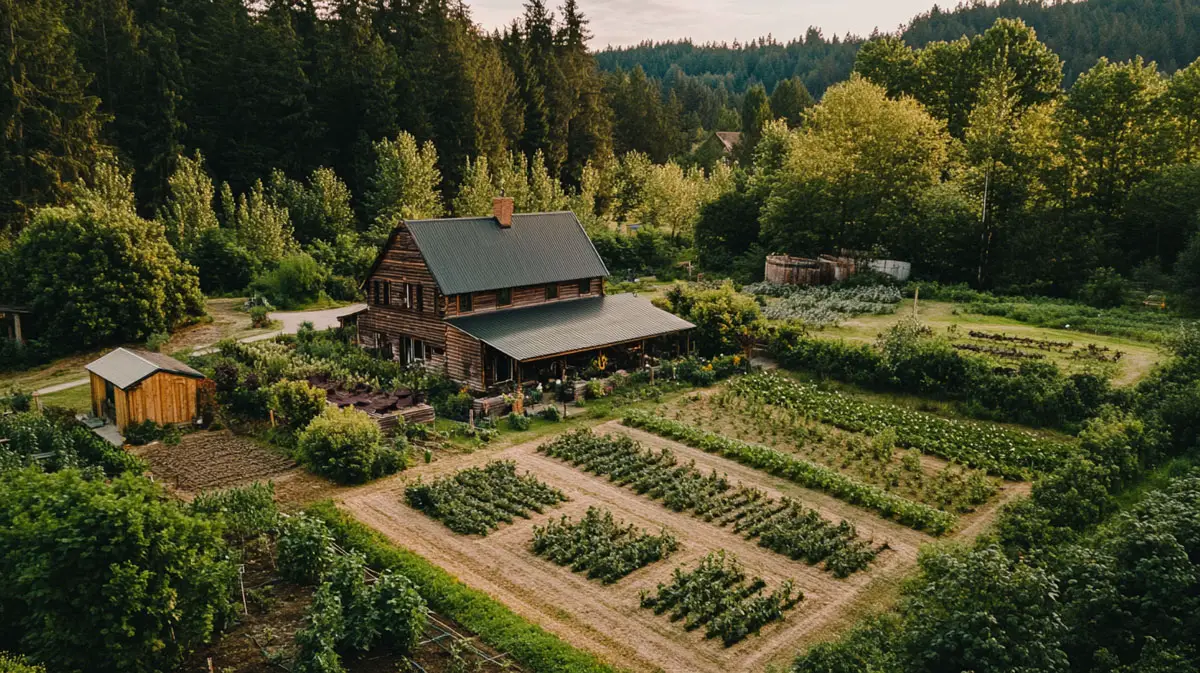From Farm to Face: How Regenerative Agriculture is Transforming Skincare

Regenerative agriculture is quietly revolutionising the skincare industry, offering a new standard for ingredient quality, environmental responsibility and transparency. As consumers demand more from the products they use, the journey from farm to face is being reimagined, rooted in practices that restore soil health, promote biodiversity and yield nutrient-dense botanicals.
Unlike conventional or even organic farming, regenerative agriculture is about healing the land. Techniques such as cover cropping, crop rotation, minimal tillage and composting rebuild soil health and capture carbon from the atmosphere. The result is a healthier ecosystem and crops that are more resilient and packed with beneficial compounds. Plants grown in living, nutrient-rich soil have higher concentrations of antioxidants, vitamins and phytonutrients – key elements directly translating into more effective skincare products.
Faith Appleton, founder of FaTH Skincare, explained to Goop, “Regenerative farming provides many benefits for the planet: healthier soil, increased crop production, reduced greenhouse gas emissions, water system retention, and more.” Tata Harper, founder of Tata Harper Skincare, echoed this in the same interview: “When we prioritise our soil health, we’re able to make the most effective, nutrient-dense, and sustainable products for our customers.”
This movement is no longer limited to small, niche brands. Companies like FaTH Skincare source all their ingredients from regenerative farms, while luxury houses such as YSL Beauty and Dior invest in ecosystem restoration and convert their signature gardens to regenerative practices. A global leader in consumer goods, Unilever has implemented regenerative principles across millions of hectares in its supply chain.
The benefits extend beyond ingredient potency. Regenerative farming avoids synthetic fertilisers and pesticides, reducing chemical residues in skincare ingredients and making products safer for sensitive skin.
The emphasis on biodiversity means a broader palette of botanicals for formulators, ranging from anti-inflammatory calendula to antioxidant-rich pomegranate, allowing for more innovative and targeted skincare solutions.
Yet, the transition is not without challenges. Shifting to regenerative sourcing requires significant investment and patience, as restoring soil health can take years. There is also a need for clearer, standardised metrics to measure impact, from carbon sequestration to biodiversity gains.
Still, with 72% of beauty consumers now prioritising sustainability, the momentum is undeniable. Brands that embrace regenerative agriculture are reducing their environmental footprint and setting a new standard for ingredient quality and transparency.
Apinke Efiong, founder of EKO Botanicals, wrote on the brand’s blog, “Ingredients sourced from regeneratively farmed land carry the vibrancy of healthy ecosystems. Untouched by harmful pesticides, these ingredients embody the purity and vitality that our skin craves.”
Ekaterina Dobrynina of Davines told AIM2Flourish, “We are very proud of our products because they embody our desire to help nature. By using regenerative agriculture practices, the company is making a full-fledged contribution to the world’s ecological future. By promoting sustainable and ethical farming practices, Davines is positively impacting the environment while also providing customers with high-quality and effective products.”
An independent advisor to key stakeholders in the cosmetics industry, Ramon Charles, adds perspective on the systemic impact:
“Regenerative agriculture is not just a sourcing strategy. It’s a paradigm shift for the entire cosmetics value chain. When brands invest in regenerative practices, they’re investing in the resilience of their supply networks, their consumers’ health, and the planet’s future. The real innovation is recognising that soil health, ingredient potency and ethical business are inseparable. The brands that understand and act on this interdependence will lead the next era of beauty.”
As the industry faces mounting pressure to clean up its act, regenerative agriculture offers a hopeful path forward. One where the health of our skin is intrinsically linked to the planet’s health.










